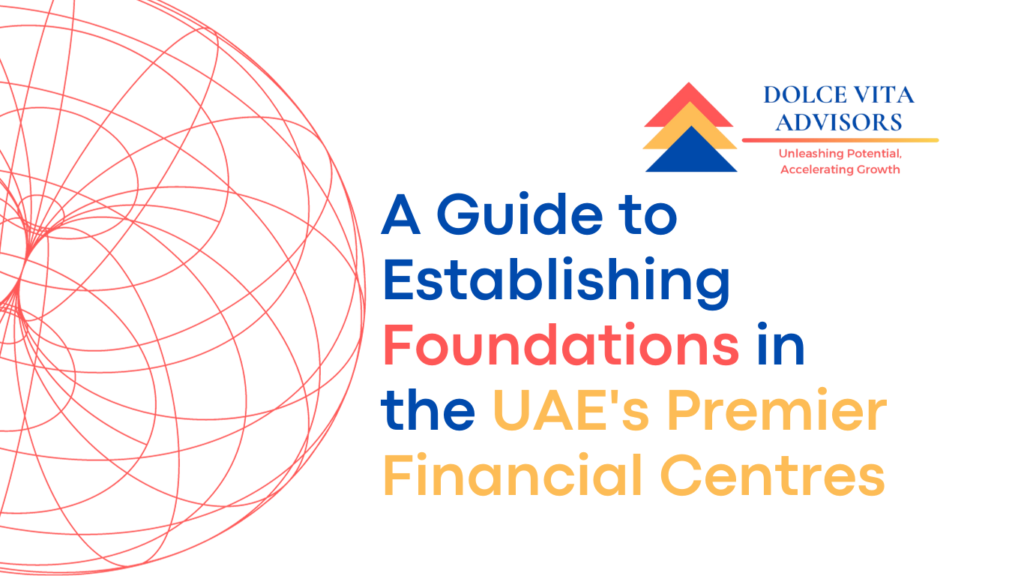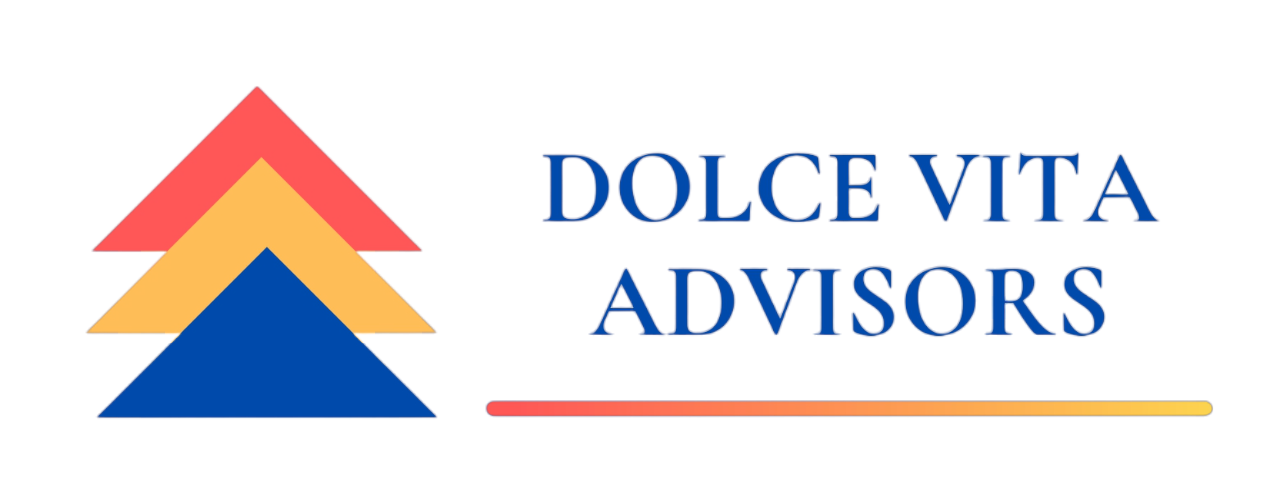
Contributed by: Ahmad Alkoky & Shivam Gera
In the United Arab Emirates (UAE), Foundations are presently established in the Dubai International Financial Center (DIFC), governed by the Foundations Law DIFC Law No. 3 of 2018, the Abu Dhabi Global Market (ADGM) under the Foundations Regulations 2017, and the RAK International Corporate Centre (RAK ICC) following the RAK ICC Foundations Regulations 2019. Since their introduction in 2016, UAE Foundations have gained popularity for regional wealth structuring and succession planning, providing a distinctive alternative to trusts and offshore companies.
Foundations in the UAE
Governed by council members and a guardian, Foundations manage activities, allocate resources, and ensure compliance with legal requirements and the founder’s intentions. The introduction of UAE Foundations across ADGM, DIFC, and RAKICC has witnessed their utilization for diverse purposes, including family business succession, asset consolidation, real estate ownership, philanthropy, employee incentive schemes, and co-investment. Also, the UAE has recently implemented a Federal Trust Law, reinforcing the application of financial freezone laws to trusts established in those jurisdictions. Although not explicitly addressing Foundations, this provision supports the expectation that DIFC and ADGM legal systems’ integrity will be upheld in proceedings related to Foundations and trusts.
A Foundation, designated as a self-owned entity or an ‘orphan structure,’ operates without shareholders or members, thereby establishing a distinct separation between the founder and the Foundation’s assets. In contrast to private companies, where individual shareholders hold shares personally, exposing them to third-party arrangements, debts, and potential probate or estate planning complexities, Foundations typically assume a non-profit status. This implies that their primary objective is not profit generation for owners or founders but the utilization of resources to fulfill stated objectives.
The legal requirements governing Foundations vary based on the jurisdiction of establishment and may encompass obligations such as filing annual reports, maintaining accurate records, and adhering to specific financial and operational standards. In ADGM and DIFC, Foundations can be established under common law, offering investors a well-defined legal framework that enhances certainty and predictability in case of legal disputes, allowing for increased flexibility in structuring. RAKICC provides the option to select between common law jurisdictions, either the courts of ADGM or DIFC.
Formation of Foundation
- The Foundation comprises various components and constitutional documents. A minimum of one founder, either an individual or legal entity, is required. Post-establishment, the founder typically relinquishes rights, but specific rights can be outlined in the By-Laws if necessary.
- The Council, formed by the founder, must consist of at least two members, including the founder. Similar to a board of directors, the Council manages the Foundation’s affairs in accordance with the Charter, By-Laws, and applicable laws.
- The Guardian, appointed by the founder, oversees the Council and may hold powers, as outlined in the By-Laws, to approve or reject Council actions. A Registered Agent, usually licensed by the regulatory body, is often appointed, though not compulsory except in RAK ICC.
- Beneficiaries, designated as qualified recipients by the founder, have limited rights, primarily related to payment or receipt based on constitutional documents.
- A registered office presence is mandatory, typically the address of the Registered Agent.
- The constitutional documents, including the Charter and By-Laws, shape the Foundation’s structure and goals, tailored to the founder’s wishes.
Comparison of Key features
| DIFC | ADGM | RAK ICC | |
| Governance Requirements | Foundations are required to have a minimum of two Council members, and while the appointment of a Registered Agent is optional, a physical presence in the DIFC is obligatory. Additionally, the Guardian is an optional role in DIFC, but it becomes mandatory if the Foundation has charitable purposes. | A Foundation must have a minimum of two Council members. While the appointment of a Registered Agent is optional, a physical presence in the ADGM is compulsory. The role of the Guardian is also optional in ADGM but becomes mandatory in cases where there is no surviving Founder. | Foundations must maintain a minimum of two Council members. Here, having a Registered Agent is mandatory, and the Foundation is required to uphold a physical presence in the UAE. The Guardian role, although optional, becomes mandatory when the Foundation is established for charitable purposes. |
| Use of Foundation Assets | a Foundation’s assets be used for purposes that are not strictly charitable, as long as they are consistent with the Foundation’s objects | a Foundation’s assets be used only for its charitable purposes | assets can be used for a variety of purposes as long as they are outlined in its charter or founding documents and consistent with the jurisdictions governing laws and regulations |
| Ownership of real estate | Permitted for Dubai properties | Permitted for Dubai and Abu Dhabi properties | Permitted for Dubai properties |
| Conversion of a Company to a Foundation | Yes | No | Yes |
| Arbitration Provisions | Yes | No | Yes |
Taxation
In the UAE, corporate tax laws provide Foundations with the option to elect tax transparency. This means that the income generated by the Foundation from its assets won’t be taxed at the Foundation level but will instead be taxable in the hands of the beneficiaries, based on their proportional beneficial interest.
While dividend income is generally exempt from taxation in the UAE, it has become common practice to place properties within Foundations to make rental income and capital gains tax-exempt. Consequently, if the Foundation holds a property for succession purposes, the income derived from it will be subject to taxation in the hands of the Foundation’s beneficiaries, proportionate to their beneficial interest. As of now, individuals remain exempt from direct taxation.
Conclusion
Foundations provide an excellent solution for wealth structuring and legacy planning, offering a substantial level of control and protective features while combining essential elements of private companies and trusts. This results in investors enjoying significant flexibility and privacy. The ADGM, DIFC, and RAKICC Foundations are all commendable choices for establishing a Foundation, and the decision among them should be guided by individual needs and circumstances.

